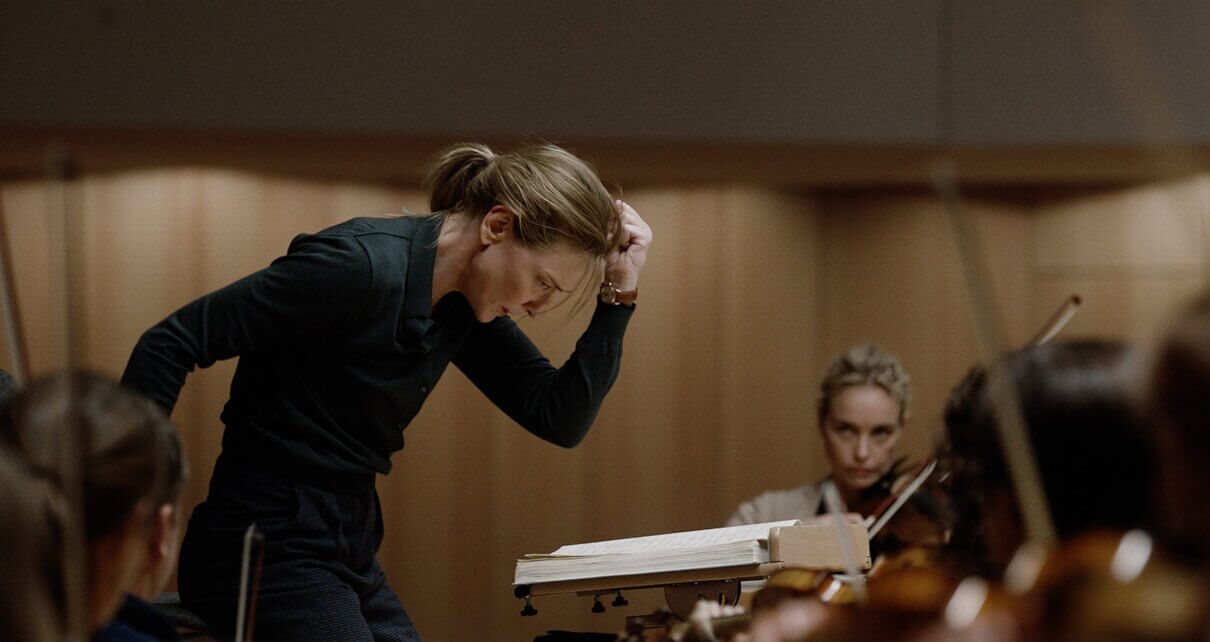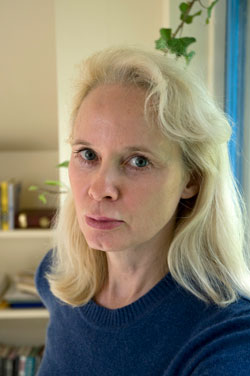Tár was one of the most talked about movies this year. With Todd Field’s incredible directing and a memorable performance by Cate Blanchett, Tár leaves its viewers thinking about this movie long after it’s over.
Rather than telling a new story, Tár’s narrative is one we’ve heard in one shape or another; its premise takes inspiration from the very industry it was conceived. Unfortunately, the story of a celebrity who abuses their power is not an unfamiliar concept. With it being increasingly acceptable and less taboo to speak out against one’s abusers, especially in light of the #MeToo movement, people are more compelled to tell their stories.
Lydia Tár is a well-accomplished composer and conductor of a German orchestra. Throughout the movie, she makes her power known, whether it is over her orchestra, the public, or even the young female players she grooms.
Just as the members of Lydia’s orchestra look up to her as she conducts from an elevated platform, scores of production teams likewise work below Hollywood stars so that they can make it to the big picture. Lydia’s downfall is like that of many movie stars in real life; they have their followers’ support one day and are canceled the next.
The powerplay between Lydia and her orchestra-members becomes quite obvious when she pursues a romantic relationship with one of the young players, Krista Taylor. Because of Lydia’s neglect and malicious gossip, Krista takes her own life. Even after Lydia’s denial, Krista’s parents came forward with information about the two and exposed the reality of Tár to the internet.
In recent years, the #MeToo movement has exploded with scores of sexual assault victims coming forward. The most famous cases involve celebrities with a power akin to Lydia’s, making it that much more difficult for victims to tell their stories.
We don’t know Lydia, despite seeing in-depth moments of her life. We know her according to the persona she projects to others. It isn’t until the end of the movie when she has lost all support that we find out who Linda really is; in other words, we don’t know the true person until they are put under a microscope.
As the story of Lydia and Krista unravels, the audience also watches Lydia repeat the same things with her new, young cellist Olga Metkina. In seeing Lydia’s friendliness with Olga, it is clear to viewers that history is likely to repeat itself. In the same way, some of these celebrities continue to abuse their power so as long as no one finds out the truth.
Tár goes out of its way to show audiences the direct effects of power and the “artist behind the art.” For decades, people have argued that controversial figures should be canceled, but not their art.
What Lydia has done in her work field is impressive, yes, but this power led her to her own demise in her family and career. Lydia herself in the beginning of the film encourages a student to separate Bach’s music from his personality because, even if you don’t want to support him, he still changed the industry.
But if we support his work, aren’t we still supporting what he stands for? How can one really separate the art from the artist if one produced the other? These scenes allow the audience to reassess what is about to happen in the movie and what goes on in real life.
Tár distinctively makes it a point to give credit where credit is due. The movie starts out with the credits and makes sure to honor everyone behind the screen for this movie, while also demonstrating the actual artists behind the art — which this movie was two and half hours of.
Overall, Tár is a movie that gives us a deeper look into what it takes to be a successful celebrity and to stand in front of a crowd that can either make or break you.



